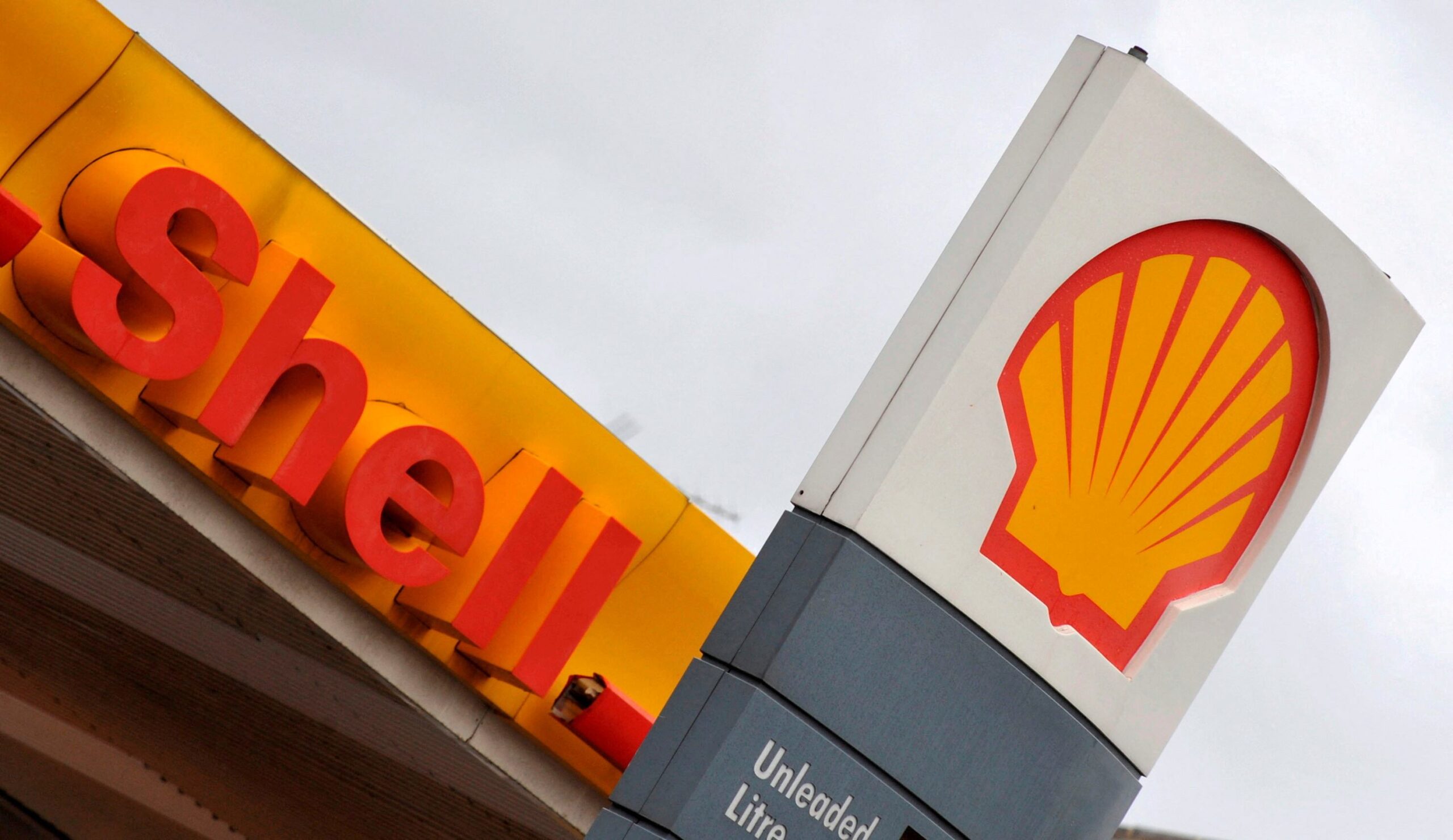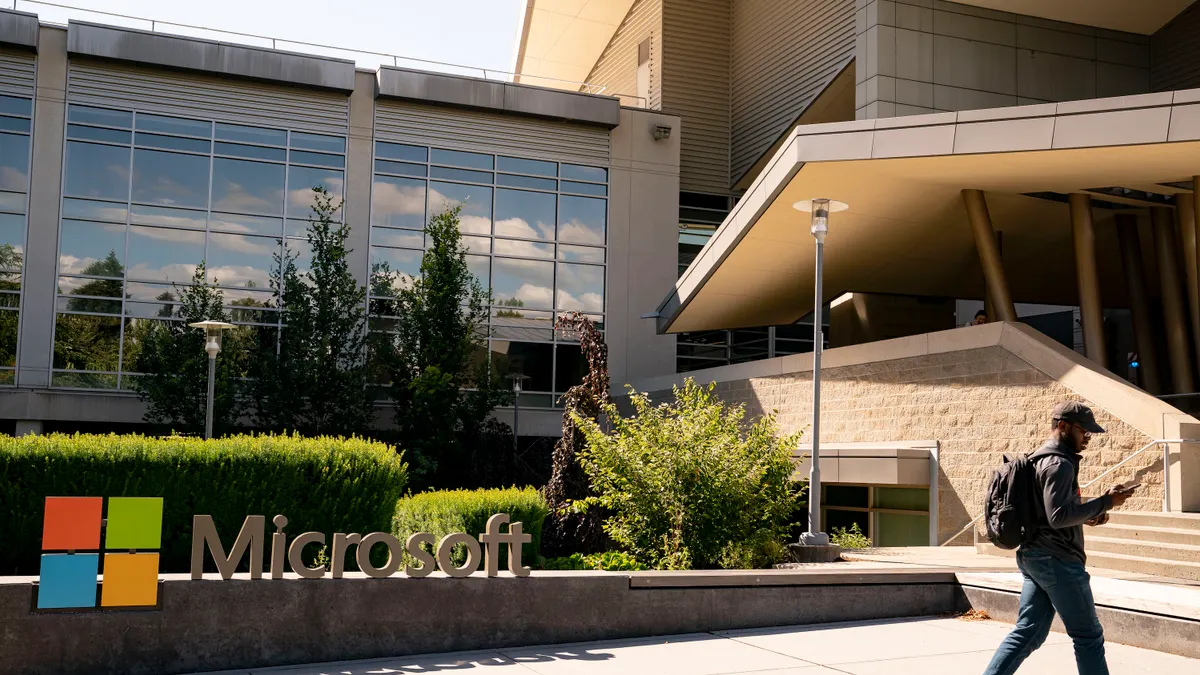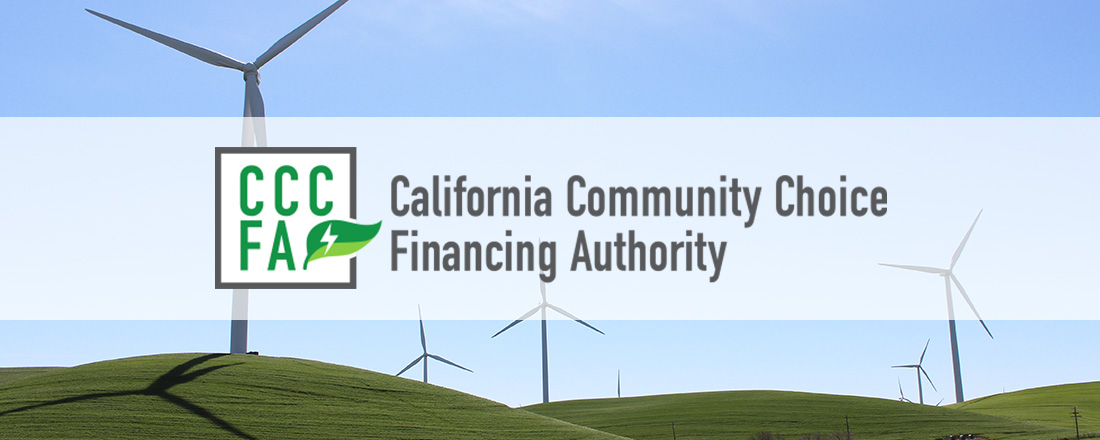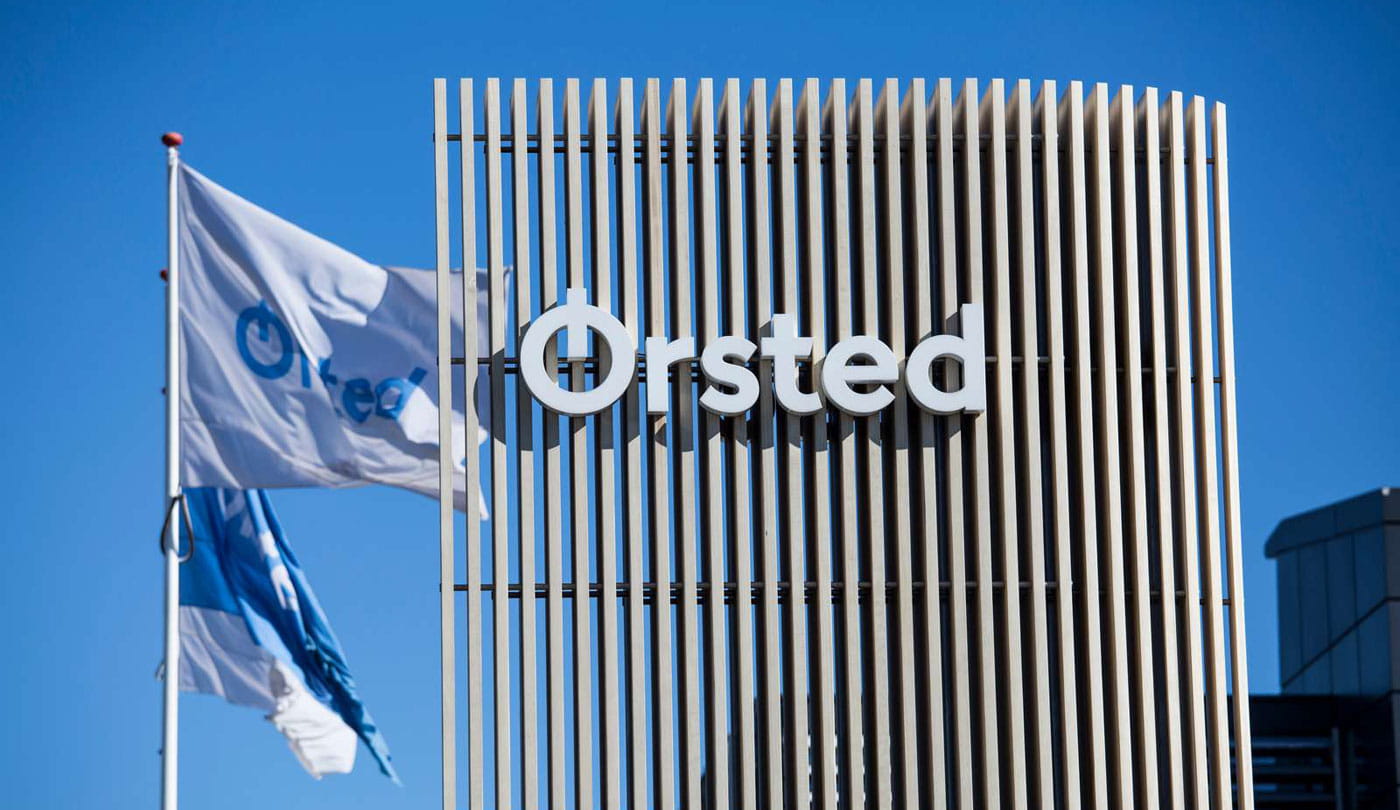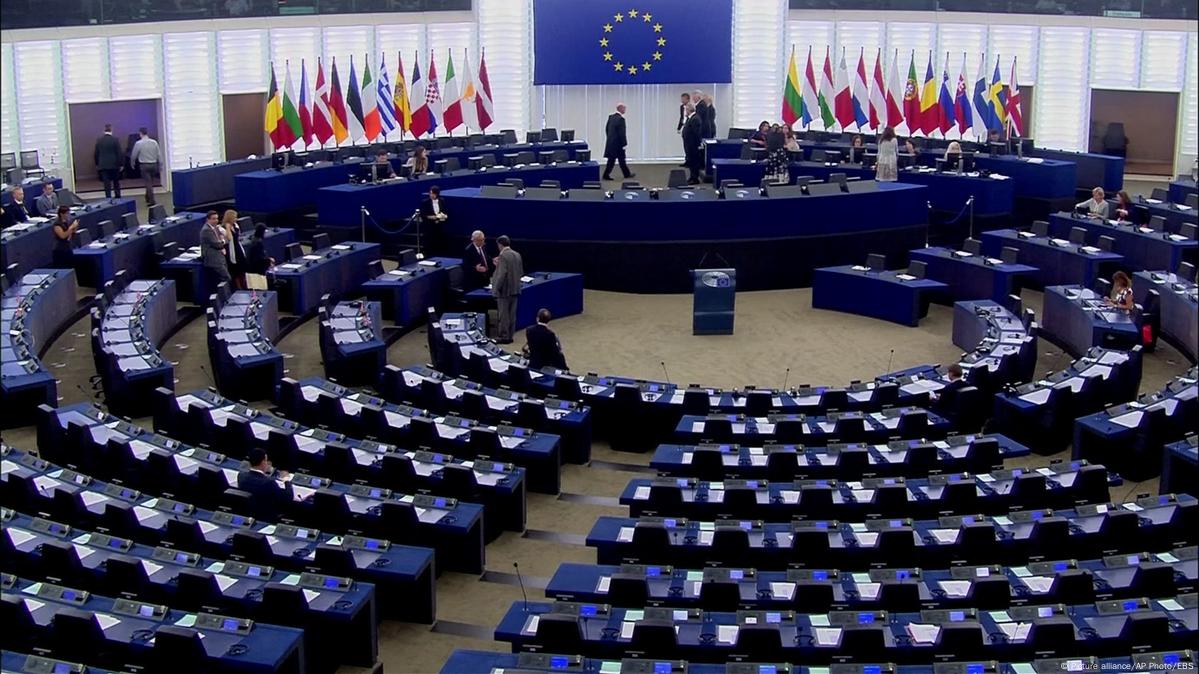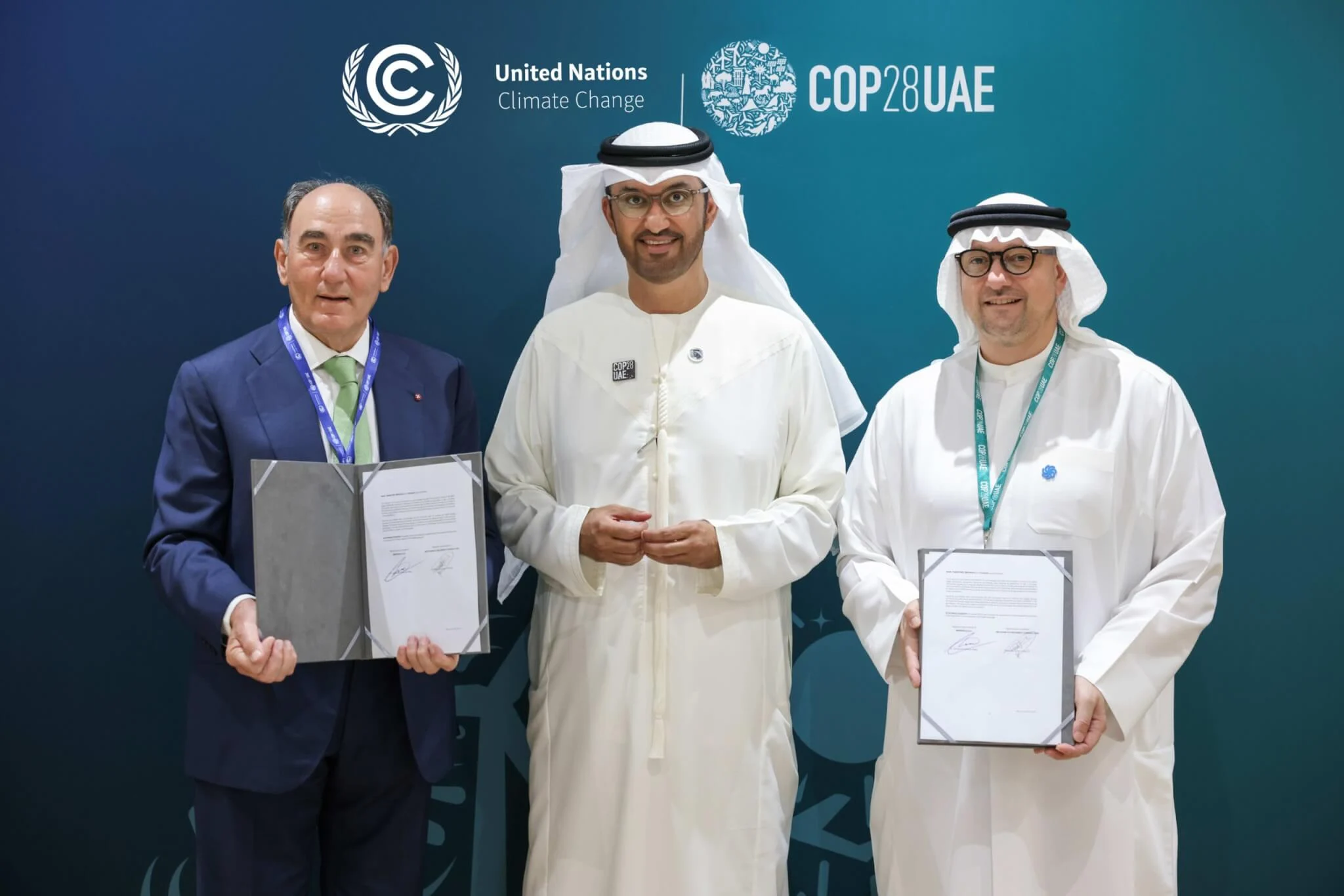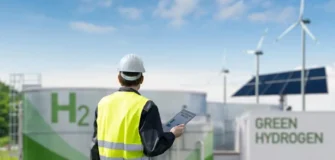UAE’s Clean Energy Investments Exceed $12 Billion, Aiming for 32% Renewable Mix by 2030
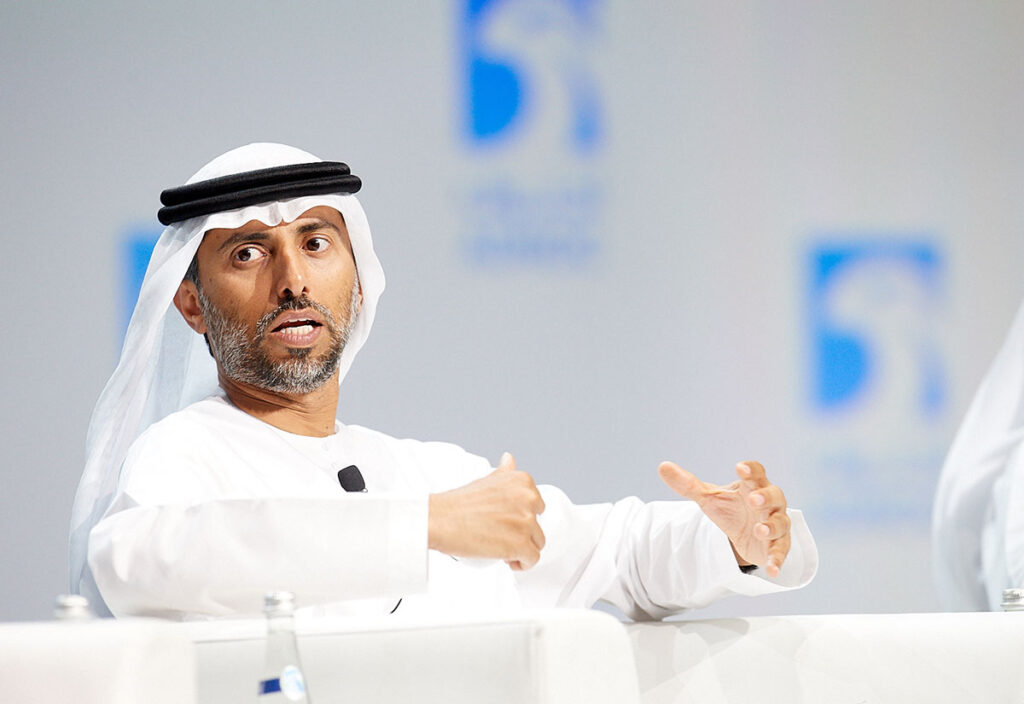
|
Listen to this story:
|
- The UAE increased its renewable energy capacity by 70% in 2023, now contributing 27.83% to the national energy mix.
- Major projects like the 1.8 GW Mohammed bin Rashid Al Maktoum Solar Park are pushing the UAE closer to its 2050 energy strategy goals.
- ADNOC’s carbon capture initiatives aim to double capacity by 2030, aligning with the UAE’s climate neutrality target by 2045.
The UAE continues to make significant strides in clean energy investments, with total investments exceeding $12 billion (AED 45 billion), according to Suhail bin Mohammed Al Mazrouei, Minister of Energy and Infrastructure. These developments are part of the UAE’s ambitious energy transition, which has already led to a 70% increase in installed renewable energy capacity in 2023, now totaling 6.1 GW. The country is on track to reach 32% renewable energy in the national mix by 2030, up from the current 27.83%.
Al Mazrouei, speaking ahead of the World Utilities Congress 2024, said: “From 2019 to 2022, the UAE doubled its renewable energy capacity. By 2030, we aim to triple this capacity as part of our energy transition goals.“
Several flagship projects are driving these efforts, including the 1.8 GW Phase VI of the Mohammed bin Rashid Al Maktoum Solar Park and two 1.5 GW photovoltaic projects in Abu Dhabi. Additionally, new facilities like the hydroelectric power plant in Hatta and the recently completed Barakah nuclear plant’s fourth reactor are expected to make significant contributions.
“The total value of our new renewable energy projects is estimated at over AED 45 billion. This figure doesn’t even include the latest operational projects,” Al Mazrouei said, underlining the UAE’s commitment to clean energy.
The UAE’s progress in renewable energy is also reflected in global rankings. The country advanced from sixth to second place in per capita energy consumption from renewable sources, according to the Energy Institute’s Statistical Review of World Energy.
ADNOC’s role in climate strategy was highlighted, particularly in carbon capture and storage. Al Mazrouei emphasized ADNOC’s plans to double its carbon capture capacity to 10 million tonnes annually by 2030, a key part of the UAE’s goal to achieve climate neutrality by 2045.
The UAE is also a leader in hydrogen energy, ranking first in green hydrogen production competitiveness according to the Green Hydrogen Report 2024 by Alvarez & Marsal. The country also leads the Middle East and North Africa in hydrogen market readiness, as per the World Economic Forum’s 2023 report.
Al Mazrouei pointed to policy advancements, such as the Federal Energy Management Regulation in Industrial Facilities, which aims to reduce energy demand by 33% in the industrial sector by 2050 and save AED 14 billion. The UAE Cabinet has also approved a policy to regulate the energy services market, fostering collaboration between energy companies and the private sector to boost energy efficiency.
Related Article: EIB and DBSA Boost Renewable Energy Support in South Africa to €600 Million
“The policy encourages private sector investment in energy and water conservation projects, reducing carbon footprints and lowering operational costs,” said Al Mazrouei. He added that the Ministry’s policy aims to cut energy and water use in federal buildings by 25%, supported by AED 500 million in private sector investments.
The World Utilities Conference 2024, which kicks off tomorrow in Abu Dhabi, will spotlight these advancements. The event will gather global experts to discuss innovative solutions for sustainability and water security, further solidifying the UAE’s leadership in clean energy.

